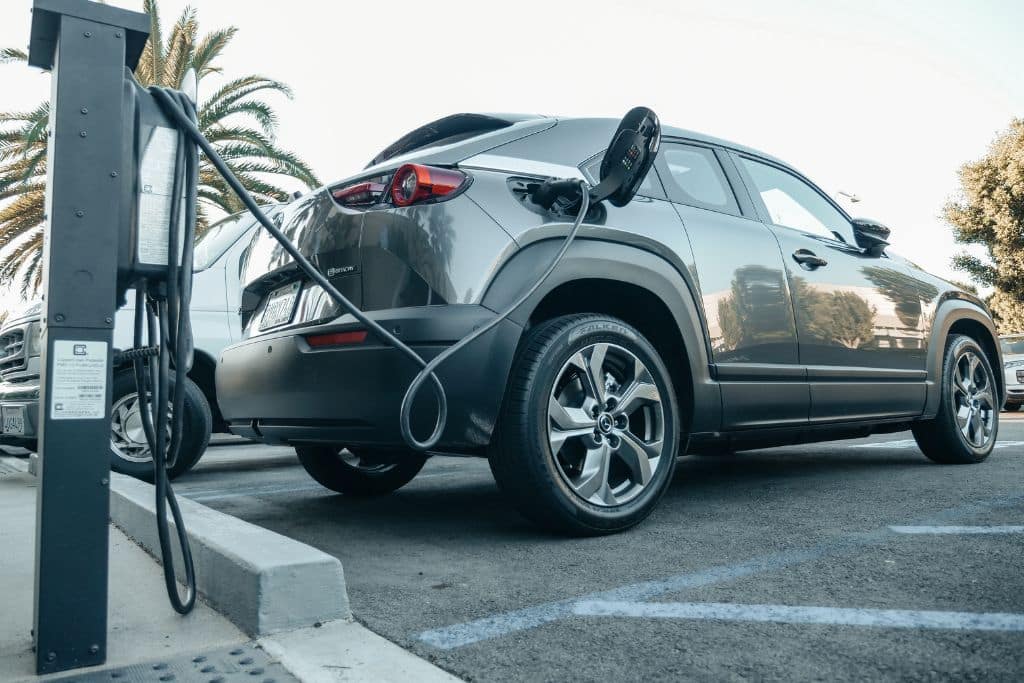The ‘explosive growth’ in EV sales can put the world on a path in line with the Net Zero Emissions by 2050 Scenario, the International Energy Agency said in its latest report on the state of the market.
—
Electric vehicle (EV) sales this year are expected to reach 14 million units after a record-breaking 2022 that saw the electric cars’ share rise from around 4% in 2020 to 14% in 2022, the International Energy Agency (IEA) has forecast.
The “explosive” surge in demand for battery-powered vehicles has huge implications for the energy sector and especially for global oil demand and by 2030, electric cars will help avoid the need for “at least 5 million barrels” of oil a day.
According to the IEA’s annual report on the EV market, EV sales in 2022 are set to increase further to 18% to about 35%, meaning that almost one in five cars sold worldwide this year will be electric.
The EV market is concentrated in three markets: China, which in 2022 accounted for 60% of global electric car sales, followed by Europe and the US, which last year experienced a 15% and 55% growth, respectively, thanks to ambitious policies such as the European Union’s ‘Fit for 55’ package and the US Inflation Reduction Act to boost the EV market share and support the energy transition.
Despite significant issues in terms of the environmental footprint of battery production and a lack of charging infrastructure in many countries, experts agree that electric vehicles are a key part of the green transition for their significantly lower environmental impact if compared to fossil fuel-powered vehicles.
Generally speaking, switching to EV undoubtedly represents a good strategy to stop global warming. Indeed, if all cars on the road became electric, we could cut almost one-fifth of global emissions. But the benefits of expanding the electric sector go beyond just this: besides being able to enjoy cleaner air, we would be less dependent on conflict-fuelled spikes in oil prices and we would have quieter cities.
The IEA report goes as far as saying that “if the growth experienced in the past two years is sustained, CO2 emissions from cars can be put on a path in line with the Net Zero Emissions by 2050 Scenario.”
You might also like: Why Electric Cars Are Better for the Environment


















